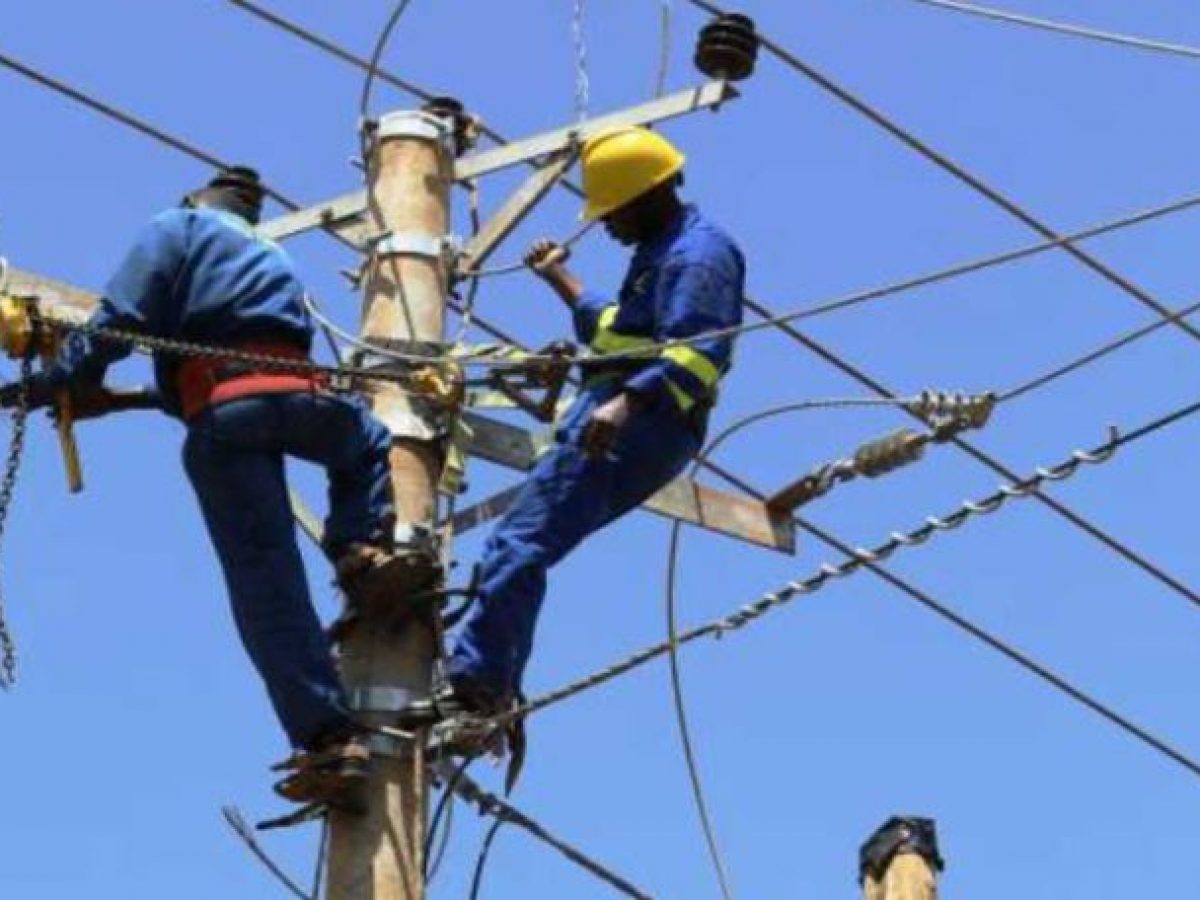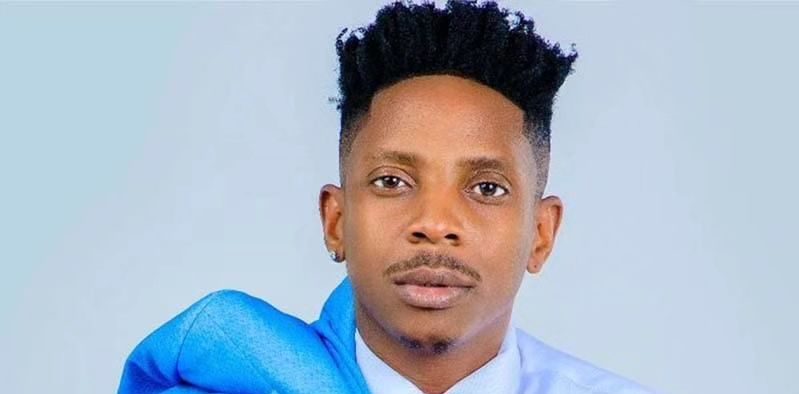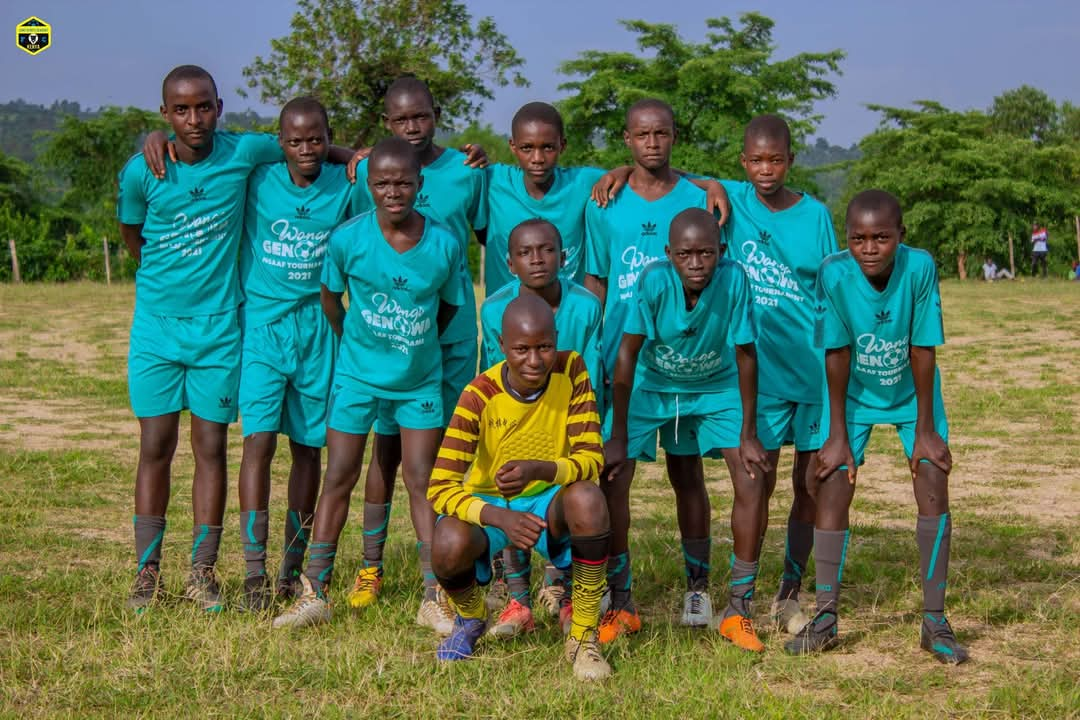Henry Desagu’s Brave Revelation: A Spotlight on Mental Health in Kenya
The recent revelation by Kenyan comedian Henry Desagu about his battle with depression is not just a personal confession but a poignant societal commentary. Desagu, known for his humor that resonates with the “boychild” narrative, has now shared a more somber side of his life, shedding light on an issue often hidden behind laughter: mental health.
The Weight of Entertainment
Comedians, like many in the entertainment industry, are expected to be the life of every gathering, to turn any situation into a moment of joy or laughter. However, this expectation can be a heavy burden, especially when personal battles are at play. Desagu’s admission of his struggle with depression and alcoholism comes at a time when the conversation around mental health in Kenya is gaining traction, yet still faces significant cultural and societal barriers.
Desagu’s situation is a stark reminder of the pressures faced by public figures. His descent into depression, as reported by various media outlets, including his hospitalization at Mathari Mental Hospital, highlights a critical aspect of the entertainment industry – the human cost of being perpetually “on.” It’s a narrative we’ve seen before with other Kenyan comedians and creatives who have faced similar challenges, sometimes with tragic outcomes.
A Catalyst for Change
What makes Desagu’s revelation so impactful is its potential to serve as a catalyst for broader change. By speaking out, he challenges the stigma associated with mental health, particularly among men in Kenya. The “boychild” narrative, which Desagu has championed, often focuses on the societal pressures men face, but mental health has been a less explored aspect of this discourse. His openness could encourage more men to acknowledge their mental health struggles, seek help, and understand that vulnerability is not a sign of weakness but of strength.
The Role of Community and Support
The response to Desagu’s situation has been heartening, with community leaders, fellow entertainers, and fans rallying around him. Fundraisers have been organized, with notable figures like Gatundu North MP Elijah Njoroge Kururia leading the charge to ensure Desagu receives the care he needs. This collective action underscores the importance of community support in mental health recovery. It shows that when the public is educated about mental health, they can become a powerful force for good, supporting rather than stigmatizing.
A Call for Systemic Change
However, while individual support is crucial, Desagu’s case also calls for systemic changes. Kenya’s mental health infrastructure needs bolstering, from increasing the number of mental health professionals to improving access to treatment, especially in public health facilities. There’s also a need for better mental health education to combat stigma at all levels of society.
Entertainment platforms and industries should also consider how they support their talents beyond the spotlight. Mental health checks, access to counseling, and creating an environment where it’s safe to admit vulnerability could prevent many from reaching the depths of despair.









